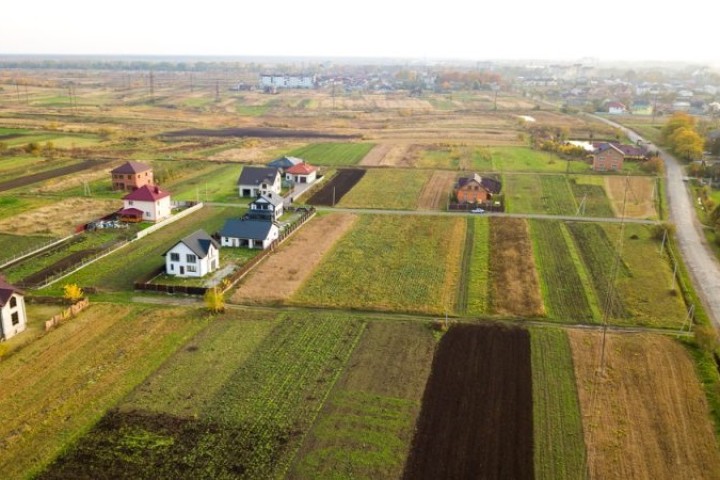Greens call for tax on windfall food profits to support farmers

The Greens have urged the Commission to take action on agriculture, becoming the latest party to appeal to farmers ahead of the EU elections, as a new study confirms the grip of the Eurosceptic parties in rural areas. [Shutterstock/Bilanol]
The Greens sent a letter to the European Commission on Monday (5 February) outlining their vision and demands for EU agriculture. On the same day, a report by the Committee of the Regions (CoR) confirmed strong Eurosceptic voting patterns in rural areas across the EU.
Amid a wave of farmers’ protests across Europe, and with the European Parliament elections approaching, the Greens are the latest party to get closer to the agricultural sector and pledge to defend its interests.
Since the victory of the rural party BBB in the Dutch local elections in March 2023, the conservative European People’s Party (EPP) – the largest political group in the EP – has gradually re-branded itself as “the farmers’ party”, often blaming the EU green policies for farmers’ discontent.
The party has campaigned against environmental initiatives such as the Nature Restoration Law, and the target of cutting pesticide use by half by 2030, saying they would place an excessive economic and administrative burden on farmers.
Other political parties followed the same path at the national level.
In France, the newly appointed Prime Minister Gabriel Attal met farmers in one of his first official meetings with stakeholders.
Although in a very different situation, Italian Prime Minister Giorgia Meloni picked up a farmers market fair for her first public outing after winning the elections in 2022.
In their letter, the Greens also said that loosening environmental rules was not the way forward, and reaffirmed their commitment to fight climate change and protect biodiversity.
Greens’ proposals
“The root of the problem is clear: the majority of farmers simply cannot make a living from their work,” reads the letter, addressed to European Commission President Ursula von der Leyen, Vice Presidents Maroš Šefčovič and Margrethe Vestager, and the Agriculture Commissioner Janusz Wojciechowski.
The Greens call on the Commission to take several actions to address imbalances in the food chain, such as introducing a windfall tax on agrifood products.
Other measures include reinforcing the EU’s Unfair Trading Practices Directive to ban resale at loss and investigating agrifood oligopolies.
The Greens also urge the EU executive to halt negotiations on the EU-Mercosur free trade agreement, which farmers have long opposed saying it would put them at a competitive disadvantage.
Neglected rural areas
The CoR’s report confirms concerns that farmers could become an important vote pool for far-right parties in the forthcoming elections, as the findings suggest that anti-EU discourse has more support in rural areas.
According to the authors, this trend is most marked in member states that are the most Eurosceptic overall – including Hungary, Poland, and Italy. However, similar patterns have been observed in many other EU countries such as France, Germany, Slovakia, Belgium, the Netherlands, and Sweden.
“Some EU policies have inevitable disproportionate impacts on rural areas”, the study said, adding that this gives national authorities the opportunity to blame the EU.
These findings were discussed at a meeting of the CoR’s commission for natural resources (NAT) on Monday.
Isilda Gomes, chair of the NAT commission, called for a reform of the EU’s cohesion and the common agricultural policies – two biggest items in the bloc’s budget – to tackle “the absence of sufficient public services in rural and remote areas”.
The report warned of “the repercussions for the EU in neglecting rural areas”, adding that Eurosceptic voting at the local and regional levels can gain wider support.
Nicola Caputo, agriculture minister of Italy’s Campania Region and CoR rapporteur for an opinion on risk management in agriculture adopted last week, told Euractiv that rural areas’ perception of remoteness increases “a feeling of the uselessness of [the] EU model”.
“If not addressed, [this feeling] can make the laborious construction of the dream of a common home vanish in no time,” he added.

